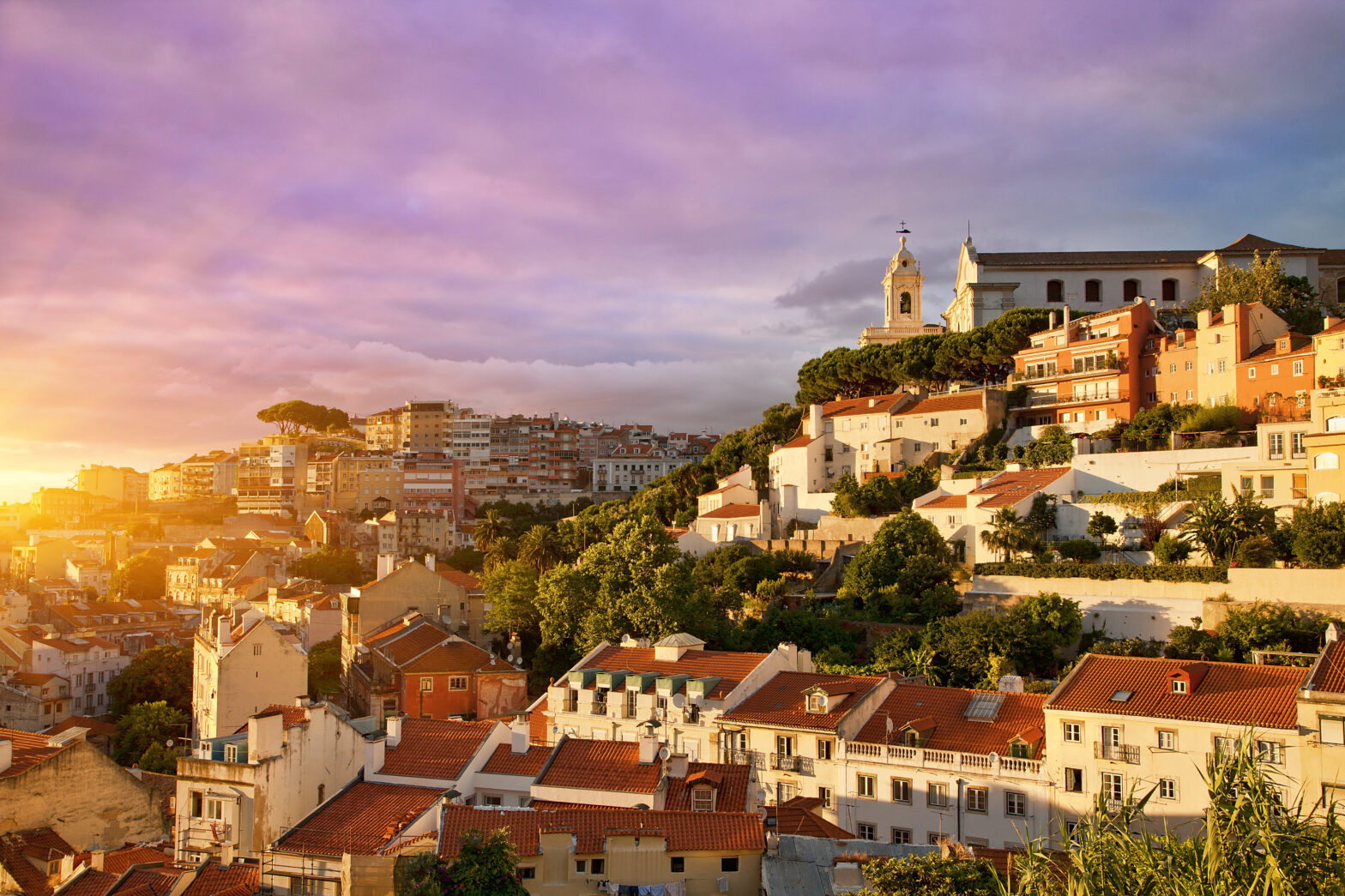Did you know that it is possible to have double citizenship — and consequently have a second passport legally? After all, not everyone is satisfied with the nationality they are born with. Whether because of racism, climate, or even cultural identification, many people think about leaving the country they were born in and going to live in other countries as many of them can offer dual citizenship status.
However, the concern about giving up the passport of the home country can be an obstacle for those who are willing to have a life experience abroad and enjoy all the citizenship rights that the host country offers. U.S. law does not mention dual citizenship or require a person to choose one nationality or another. A U.S. citizen may naturalize in a foreign state without any risk to his or her U.S. citizenship.
Latin America can be a good option for those who intend to have a second passport. Despite being a region with some social aspects that may not be attractive to many American citizens, such as widespread poverty, political instability, cheaper cost of living, among other factors, many Latin American countries manage to be attractive due to their climate, stunning landscapes, vibrant and unique cuisine and people who are often very friendly, in addition to offering life without much stress.
Check out the countries that recognize dual citizenship in Latin America:
1. Mexico
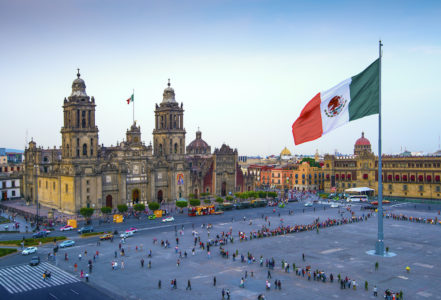
Do you have an accredited residence in Mexico with your temporary or permanent resident immigration document over five years?
Then you are eligible to apply for Mexican nationality.
Also, you must prove you have a good understanding of Spanish and culture through a test submitted by the Secretaría de Relaciones Exteriores (SRE).
If the applicant does not pass any of the tests, he/she must wait a minimum of ten business days to resubmit the naturalization application and the exams. The public servant will inform the interested party that they may present the exams up to two more times and in case of not pass them, they must wait until within one year.
For more information, contact SRE’s main office on the application procedure.
Benefits of being a Mexican citizen:
*You can obtain a Mexican passport, which means you can travel to places restricted by the USA (like Cuba).
*You will not have to pay special fees to enter Mexico.
* You are eligible to buy properties in the country without the limitations that a foreigner faces.
* You can study in public schools in Mexico.
* You can access Mexico’s health insurance program.
* You can work in Mexico without a work visa.
* There will be no limit on your stay in Mexico.
2. Colombia

Colombia’s government informs that to have the country’s citizenship the applicant must have resided continuously in Colombia for five years before prior to applying, or for two years if the foreigner is married to a Colombian national.
The foreigner is a resident in Colombia when he/she is the holder of a resident visa. The period of residence is therefore calculated from the date of issuance of this type of visa.
The cost of living in Colombia is much lower than in the US. If we look at the capital Bogotá, we will notice the difference between rent, supermarket, gasoline, electricity, and even costs related to leisure time. In smaller cities like Medellín, Cali and Pasto the cost of living can be even lower.
Also, being a Colombian citizen allows the expat to start a business in the country without having to hire a legal representative which can be costly.
Colombia also offers a diverse and vibrant culture and a large Black community.
3. Panamá
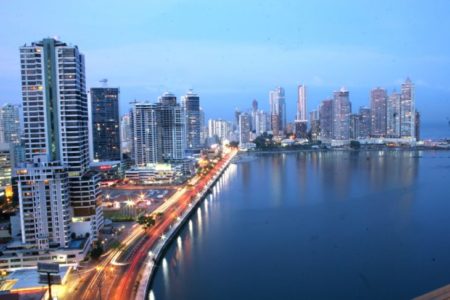
To get second citizenship in Panama, the applicant must obtain provisional residency by depositing $5,000 in any Panama bank and opening a Panama company. After five years as a Panama resident, you and your family may apply for Panama citizenship.
It is not required to live in Panama in order to maintain your second residency or work toward your second passport.
As a citizen of Panama, you will have pleasant tropical weather, a low cost of living, a relaxing vibe, political stability, good and affordable healthcare and nice infrastructure (internet, roads, sanitation).
4. Costa Rica

To obtain Costa Rica’s citizenship, it is required to live in the country for at least seven years as a legal resident.
The process to obtain Costa Rica’s citizenship is done through the General Directorate of Immigration and Immigration.
Those who have a relationship with a Costa Rica citizen and want to obtain the country’s citizenship must apply to the entity that verifies the requirements, mainly that it is a real relationship.
One of the benefits of holding Costa Rican citizenship is to get Social Security.
It allows you will be registered with the Social Security and Public Health Care System (CCSS or Caja), which covers pre-existing conditions.
Besides, Costa Rica is a country with political stability, beautiful landscapes, decent infrastructure (internet, roads, sanitation) and holds the Caribbean vibe.
5. Dominican Republic
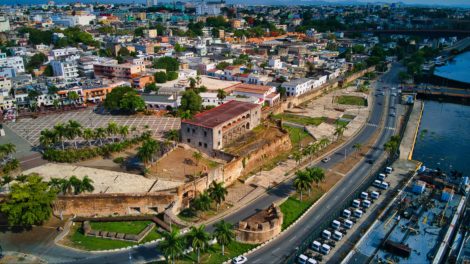
The application process for Dominican citizenship begins with a letter of application addressed to the President of the Republic, via the Secretary of State for the Interior and Police. This process contains the arguments in which the reason for which the nationality is requested is explained.
To acquire nationality or naturalization you must:
*Be a legal resident in the country for more than two years.
*Granted residency by investment and are able to apply, with a minimum of six months after obtaining the residence visa.
*Married to a Dominican citizen for at least six months and have a provisional Dominican residence for a minimum of six months.
The Dominican Republic’s tax system is the most attractive benefit in the country. There is no wealth, gift, inheritance, foreign income, or capital gains tax.
Dominican citizens are only liable to pay personal tax if they reside on the island, and this becomes their main tax residency.
6. Peru
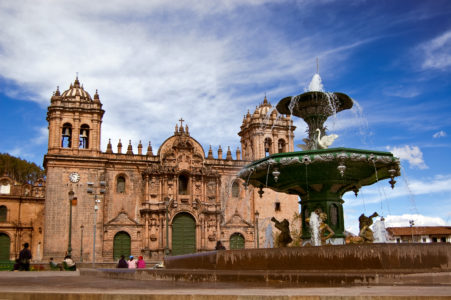
If you are a foreign citizen and have resided for a period of at least two years, whether as a spouse to a Peruvian citizen or as a legal resident, you can gain a passport in Peru.
Legal residents must provide they can afford annual rent for an amount of US$ 12,000 or more. They will also be submitted to a written exam.
It can take up to a year for the government to grant you Peruvian citizenship.
Benefits of having Peruvian citizenship include a low cost of living and affordable healthcare, compared to insurance prices in the US.
7. Brazil
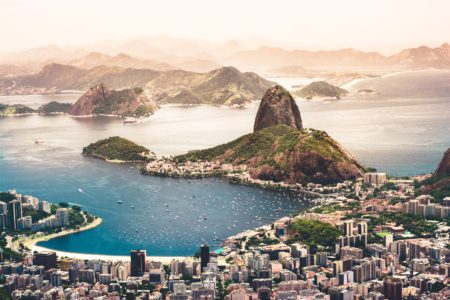
For foreigners from other countries of any nationality, the minimum time required to obtain Brazilian citizenship is 5 years of uninterrupted residence. In addition, they cannot have any type of criminal conviction, apart from the fact that these foreigners, to have the right to Brazilian nationality, need to apply for it.
Brazil is the largest country in Latin America with a vast coast along the South Atlantic ocean. It also has a very diverse culture. Lower cost of living, affordable healthcare and good infrastructure in the country’s main cities are some of the benefits of Brazil.


